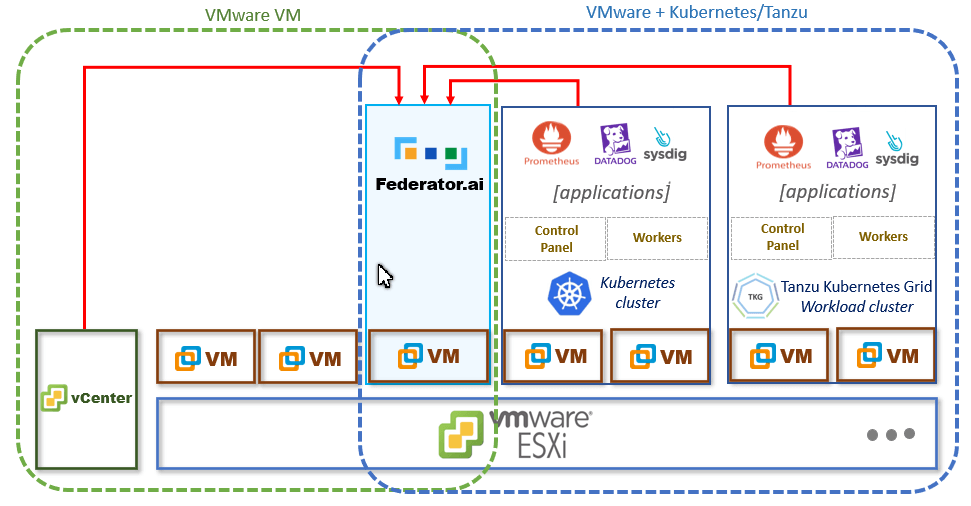Introduction
This white paper aims to discuss the increasing complexity and scale of virtualized environments, emphasizing the need for intelligent resource management and optimization solutions. Federator.ai is an AI-powered solution that improves VMware infrastructure efficiency by providing insights and recommendations for resource allocation and application performance enhancement. We will review Federator.ai’s integration with VMware environments, its use cases, and real-world success stories from customers who have improved resource utilization and saved money using Federator.ai.
This white paper is intended for VMware customers, IT professionals, decision-makers, and application developers looking for AI-driven solutions to optimize their virtual infrastructure, improve application performance, and more efficiently manage resources.
Integrating Federator.ai in a VMware Environment
Federator.ai Use Cases for VMware Customers
- Federator.ai uses machine learning algorithms to predict and optimize resource allocation, workload distribution, and infrastructure elasticity.
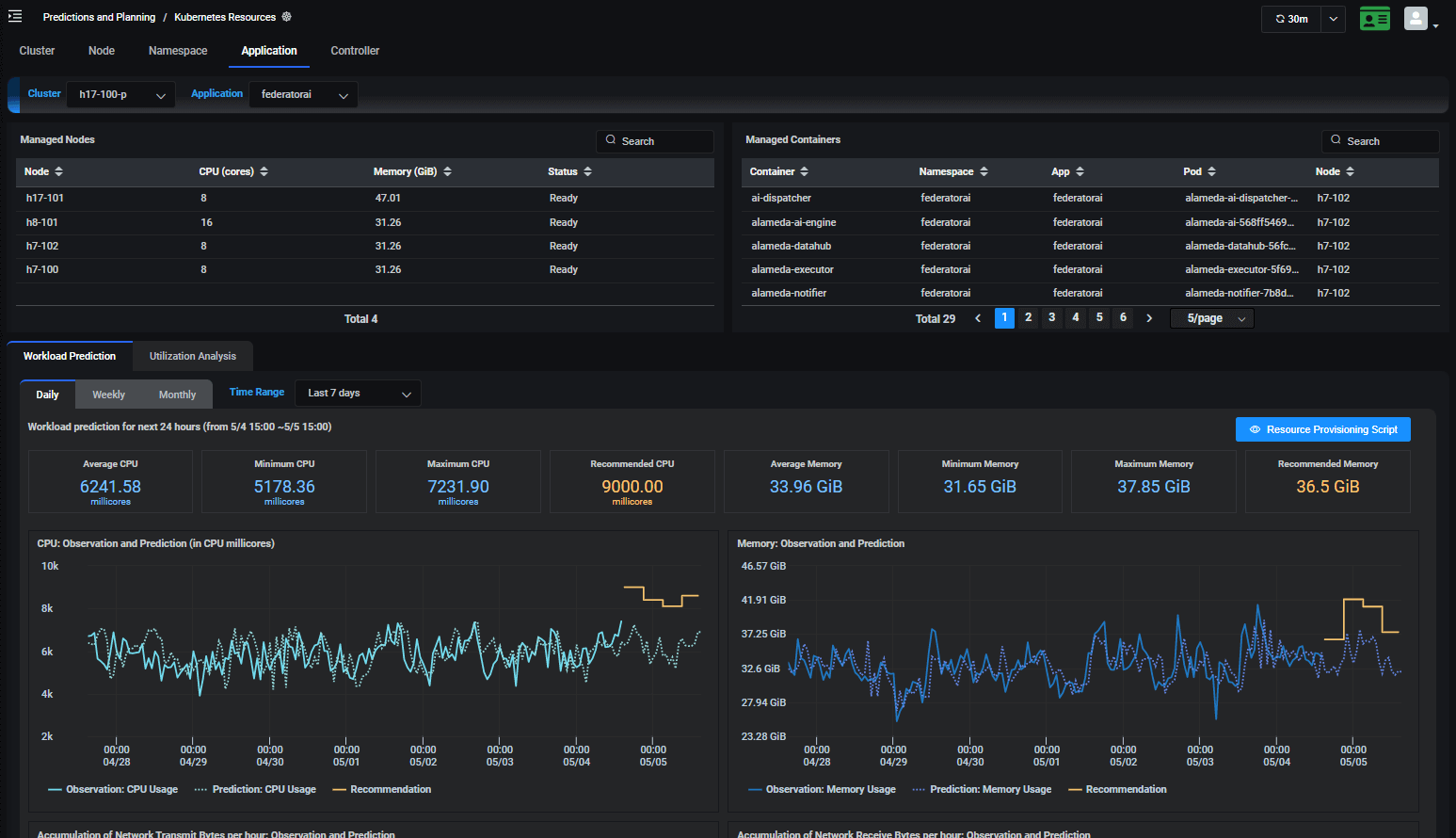
- Federator.ai’s Application Performance Monitoring and Tuning service monitors application metrics in real time and makes performance tuning recommendations based on machine learning insights.
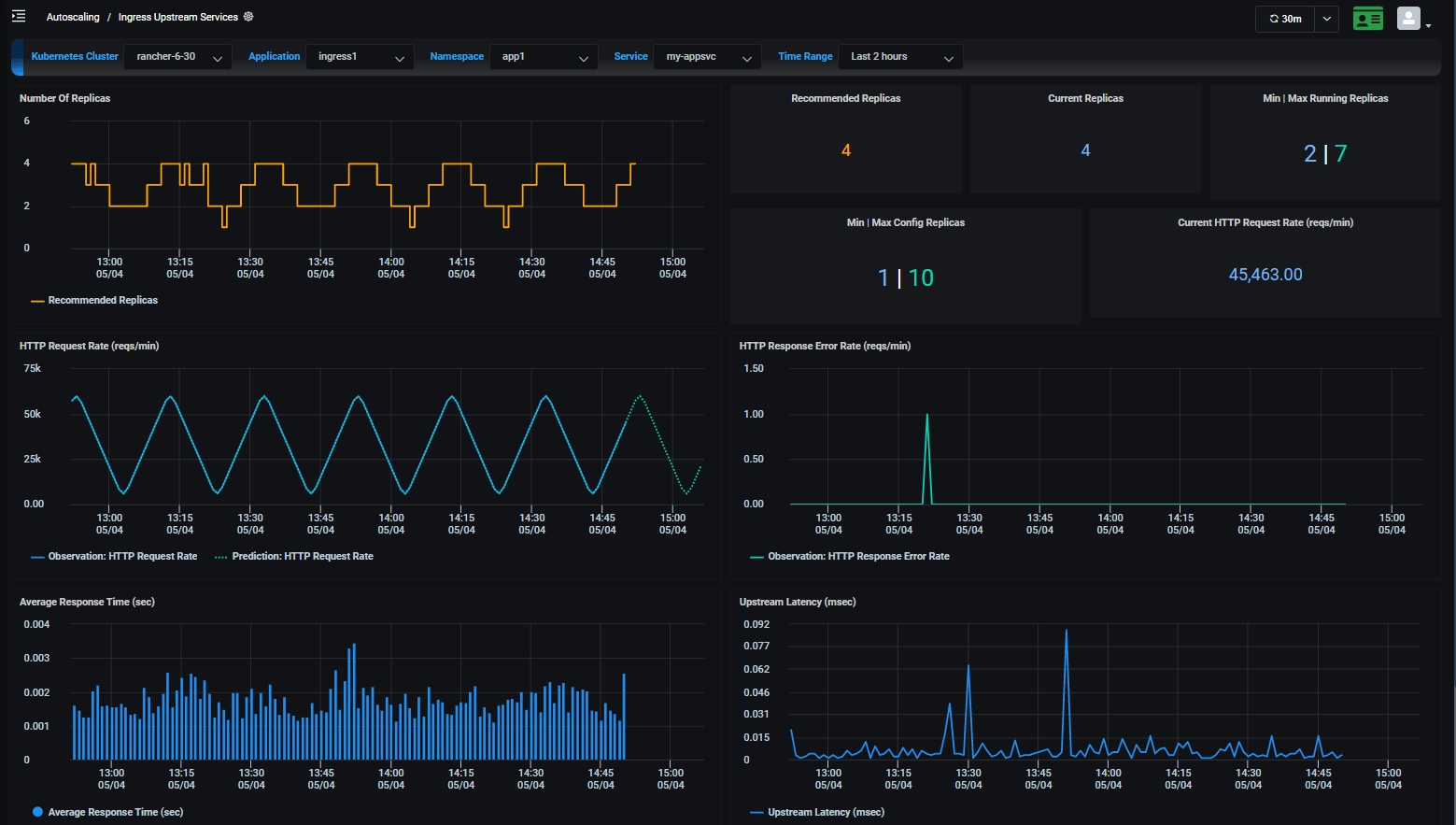
- Federator.ai assists in increasing infrastructure utilization, making accurate capacity projections, and optimizing Total Cost of Ownership (TCO).
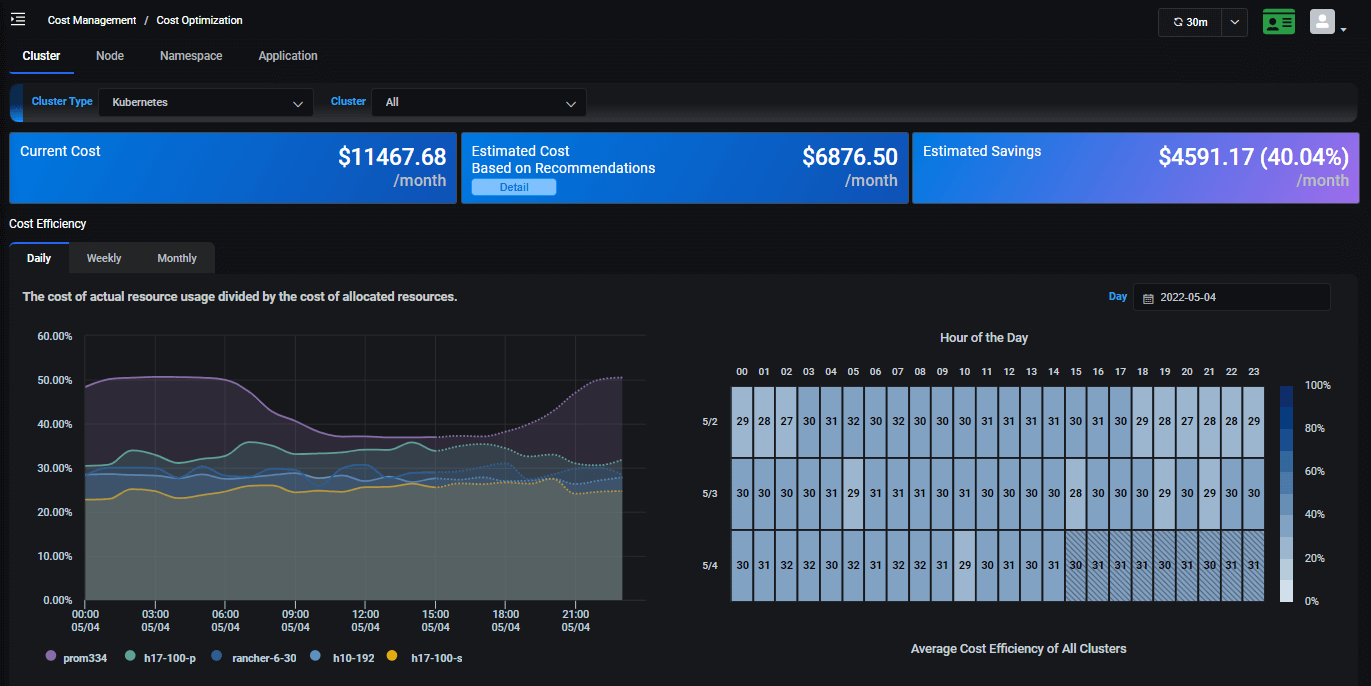
- Federator.ai offers a deeper insight into how resource usages of different components (microservices) of an application are related to the dynamic workload demands of the application and which components require more resources when the application workload increases.
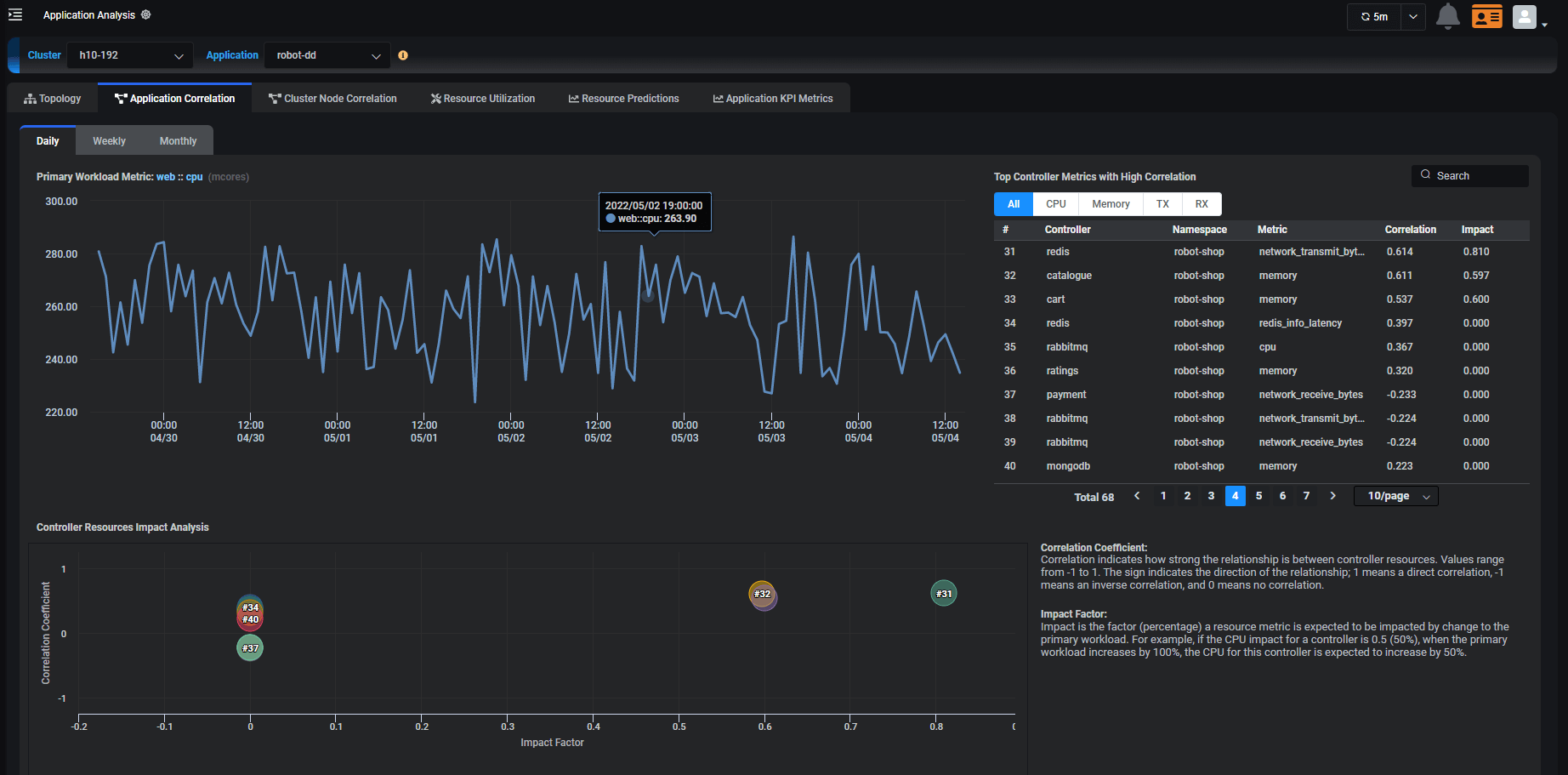
Chunghwa Telecom Case Study
Chunghwa Telecom, Taiwan’s top telecommunications provider, faced challenges managing its expanding client base and service portfolio. The extensive VMware-based virtual environment of the business required effective resource management and optimization while maintaining high-quality service delivery.
Chunghwa Telecom adopted Federator.ai to address these issues, leveraging its AI-driven insights and suggestions for optimizing resource allocation and workload distribution. Chunghwa Telecom streamlined processes and increased efficiency by integrating Federator.ai with its current monitoring and management tools.
Chunghwa Telecom’s use of Federator.ai increased resource utilization and lowered infrastructure expenses. Proactive monitoring and tuning also improved application performance, while capacity planning became more precise and straightforward. These enhancements enabled the company to expand its infrastructure cost-effectively while firmly supporting its expanding business.
“Using Federator.ai’s ML-based resource recommendation engine allows us to more accurately provision our VM resources for operation resilience. The benefits of reducing operational costs while making progress toward a low-carbon IT infrastructure at the same time are one of the reasons we adopted Federator.ai. We are also deploying Federator.ai to help our MSP business in helping our end users save their cloud spend and deliver our value-added services with automation and optimization for customers’ cloud operations,” said Chung-Shuo Lin, Managing Director of Chunghwa Telecom Cloud System Department. For a detailed description of this case study, please refer to the ProphetStor website.
Concluding Remarks
Finally, effective resource management and optimization must be considered in virtualized environments. Federator.ai fills this void by providing artificial intelligence-powered insights and suggestions to improve resource allocation and application performance. Thanks to Federator.ai’s seamless integration with VMware environments, customers can also attain system efficiency. It enables various applications, such as resource forecasting, application performance monitoring, expense reduction, and simplified development and deployment.
The accomplishments of Chunghwa Telecom demonstrate the advantages of using Federator.ai to improve resource utilization and accomplish cost savings. As a result, VMware customers will benefit from streamlined and cost-effective resource management, resulting in reduced infrastructure costs and better resource allocation. Improved application performance also enhances the user experience and promotes company growth.
Federator.ai’s superior capacity planning capabilities and precise investment decisions allow companies to expand their infrastructure. Furthermore, Federator.ai’s accelerated application creation and deployment fosters innovation while shortening time-to-market.
Finally, integrating Federator.ai with VMware environments is a compelling option for organizations seeking to increase infrastructure efficiency and application performance. AI and machine learning enables a proactive and intelligent approach to resource management, allowing VMware customers to stay ahead of the quickly changing virtualization world. As a result, VMware users should consider implementing Federator.ai to reap its benefits and accelerate their digital transformation efforts, positioning themselves for success in a competitive environment.

